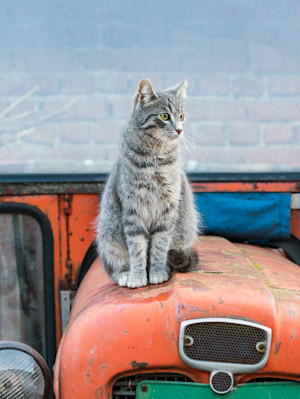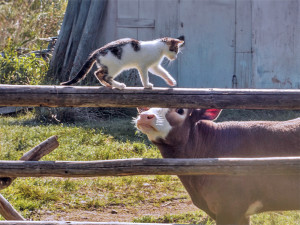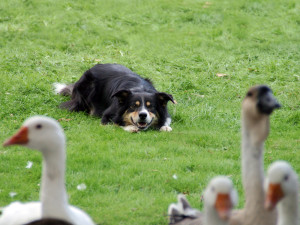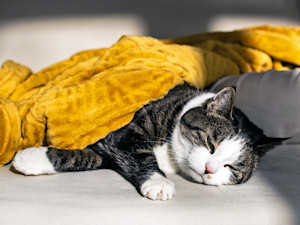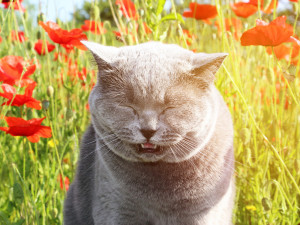Pet Food Recalled for Bird Flu Contamination After Cat Dies
A cat in Oregon passed after eating from the affected batch.
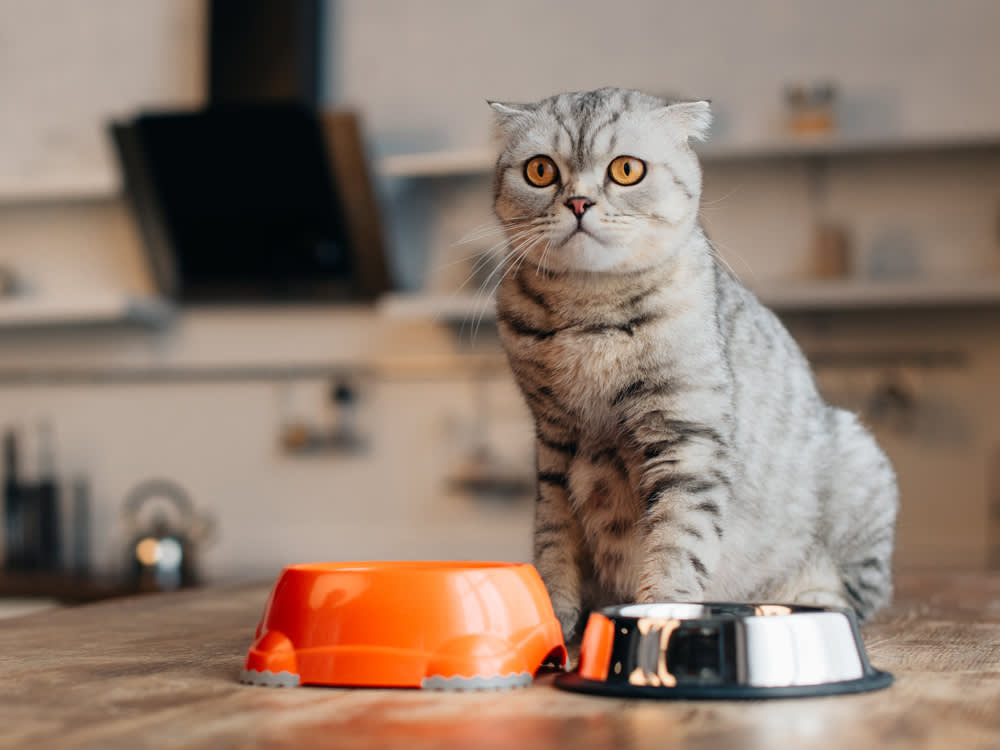
Share Article
Recently, a cat in Oregon tragically died of bird flu — a rare instance for an indoor-only cat. The Oregon Department of Agriculture (ODA) has now found the source of the cat’s infection: a contaminated batch of raw pet food. Northwest Naturals, a Portland-based company, has issued a voluntary recall of their Feline Turkey Recipe raw frozen cat food after it tested positive for H5N1.
The U.S. Department of Agriculture’s (USDA) National Veterinary Services Laboratories and the Oregon Veterinary Diagnostic Laboratory (ODVL) conducted testing on both the infected cat and Northwest Naturals’ pet food and confirmed that raw frozen pet food was the source of the cat’s infection. “We are confident that this cat contracted H5N1 by eating the Northwest Naturals raw and frozen pet food,” ODA State Veterinarian Dr. Ryan Scholz said in a release by the ODA.opens in new tab “This cat was strictly an indoor cat; it was not exposed to the virus in its environment, and results from the genome sequencing confirmed that the virus recovered from the raw pet food and infected cat were exact matches to each other.”
The contaminated batch
In cooperation with the ODA, Northwest Naturals announced a recall for one batch of its Feline Turkey Recipe raw frozen pet food. The affected batch is packaged in two-pound bags with “best if used by” dates of May 21, 2026 and June 23, 2026. The product was sold nationwide and in Canada.
Anyone who purchased this batch of food should discard the product immediately. Customers can contact the place of purchase for a full refund or reach out to Northwest Naturals at info@nw-naturals.net or 866-637-1872 with any questions.
How to keep your cat safe
The Oregon Health Authority and local health officials are monitoring the cat’s household members for symptoms of bird flu. They add that the risk of transmission to humans is low.
The ODA recommends several measures to keep yourself and your cat safe during this bird flu outbreak. Pets and people should avoid eating raw or undercooked meat or consuming raw dairy; pasteurization of milk “eliminates disease-causing pathogens,” the ODA adds. Hands should be washed after handling raw food products or sick animals. Avoid contact with sick or dead animals, and keep pets away from sick animals, dead animals, and wild birds.
According to the Centers for Disease Control and Prevention (CDC),opens in new tab the risk of bird flu to the public remains low. However, if your cat consumes raw food, interacts with wild animals or poultry, or lives near an area with reported outbreaks of bird flu, it is important to keep an eye out for any symptoms of H5N1. “Some signs could include feveropens in new tab, lethargy, difficulty breathing, coughing, runny nose, and/or signs of conjunctivitis which includes red eyes, eyes that appear squinty or sealed shut, and/or eyes with goopy greenish yellow discharge,” veterinarian Dr. Amy Fox told us. If you suspect your cat may be sick with bird flu, take them to a veterinarian immediately.

Sio Hornbuckle
Sio Hornbuckle is the Assistant Editor at Kinship, where they frequently write for the site. As a writer, they specialize in pet news, animal science, and pop culture. They live in New York City with their cat, Toni Collette.
Related articles
![Outdoor cat sits on a tractor outside.]()
Cats May Become Bird Flu Carriers, New Study Warns
With bird flu cases on the rise, scientists are worried the virus could mutate.
![Calf looking up at a cat on a farm.]()
Cats Who Consumed Raw Milk Died From Bird Flu, Reports the CDC
Unpasteurized milk can transmit avian influenza from cows to mammals.
![Dog on ground looking at geese]()
What to Know About Bird Flu in Cats and Dogs
Several cats and one dog in North America have died of the virus. Here’s how to keep them safe.
![Cat sleeping at home in the sun.]()
Bird Flu Is Infecting Cats Across The Country—Including Indoor Ones
Nearly 40 domestic cats have been infected with bird flu—two of which have never been outside.
Can Humans Get Cats Sick? What Science Says
What about the other way around?
Can Cats Actually Get the Common Cold?
They’re not exactly blowing their noses and rubbing Vicks on their chests, but here’s what you need to know.
